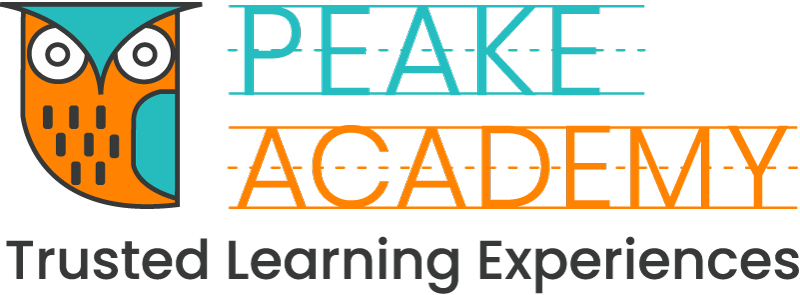Virtual but Vibrant: 5 Creative Ways to Keep Your Child Socially Connected in Online Learning
The advent of online learning has transformed the educational landscape in ways we could never have imagined. While it offers convenience and flexibility, it also presents unique challenges, particularly when it comes to socialization. Children are naturally social beings, and the isolation that can accompany online learning can have a significant impact on their social development.
However, with a little creativity and intentionality, you can ensure that your child remains socially connected and engaged in their virtual learning environment. In this article, we will explore five creative ways to keep your child socially connected in online learning.
Virtual Playdates and Study Groups
One of the most effective ways to combat the social isolation that can come with online learning is to facilitate virtual playdates and study groups. Encourage your child to connect with their classmates and friends through video calls, whether it's for a quick chat, a study session, or even a virtual game night. Platforms like Zoom, Google Meet, or Skype make it easy to set up these virtual gatherings.
Organizing study groups is not only a great way for children to help each other with schoolwork but also an opportunity to maintain social bonds. Encourage your child to take the initiative in planning these sessions. It fosters a sense of responsibility and leadership while keeping them socially engaged.
Collaborative Projects
Collaborative projects can be a fantastic way to keep your child connected with their peers while also enhancing their learning experience. Encourage teachers to assign group projects that require students to work together remotely. This not only promotes social interaction but also teaches essential skills like teamwork, communication, and problem-solving.
Collaborative projects can encompass various subjects and activities, from creating a digital presentation to working on a virtual science experiment. By working together on these projects, children can feel a sense of belonging and accomplishment, even in an online setting.
Virtual Extracurricular Activities
Extracurricular activities are a crucial part of a child's social development, and they need not be sacrificed in the online learning environment. Many organizations and clubs now offer virtual versions of their programs, including sports, music lessons, art classes, and more. Encourage your child to explore these opportunities and participate in activities that align with their interests.
Not only do virtual extracurricular activities provide a chance to make new friends, but they also offer a structured break from academic studies and can boost your child's overall well-being. Whether it's joining an online chess club or taking virtual dance classes, these activities help maintain a sense of normalcy and social connection.
Online Communities and Forums
The internet offers a wealth of online communities and forums where children can connect with like-minded peers. Encourage your child to join these communities related to their hobbies, interests, or academic pursuits. Whether it's a gaming community, a book club, or a forum dedicated to a specific subject, these online spaces provide a platform for interaction and discussion.
However, it's crucial to monitor your child's online activities and ensure they are participating in safe and age-appropriate communities. Establish guidelines for responsible internet use and encourage open communication about their online experiences.
Social Emotional Learning (SEL) Programs
Incorporating Social Emotional Learning (SEL) programs into your child's online education can significantly enhance their social skills and emotional intelligence. SEL programs focus on developing self-awareness, empathy, communication, and interpersonal skills, all of which are crucial for building and maintaining social connections.
Advocate for the inclusion of SEL curricula in your child's online learning program or seek out dedicated SEL resources and activities. These programs provide children with the tools they need to navigate the complexities of human relationships, both online and offline.
Online learning may have altered the way our children access education, but it doesn't have to hinder their social development. By implementing these creative strategies, you can ensure that your child remains socially connected and engaged in their virtual learning environment. Virtual playdates, collaborative projects, virtual extracurricular activities, online communities, and SEL programs all contribute to a holistic approach that fosters social interaction, emotional growth, and a sense of belonging. In the midst of the virtual world, your child can still be vibrant and socially connected.
Free Resource
Thank you for reading this content. And if you loved this post, please be sure to join our Parent Advisor Facebook group where we share more insights and community.
Don't miss out on our FREE Community Helper Number Puzzles to make their learning adventure even more engaging and enjoyable.
Everyone deserves self-care
The same goes for busy moms like you. So let's do it together and create a healthy habit!
Join the 30-Day Happy Mom Challenge Today!
Visit our Parent Advisor and The Buzz Blogs to learn more about related topics and parenting tips. You are welcome to join our private Parent Advisor Facebook group. It’s a growing community of parents and preschool teachers where you can learn and share more parenting tips.






